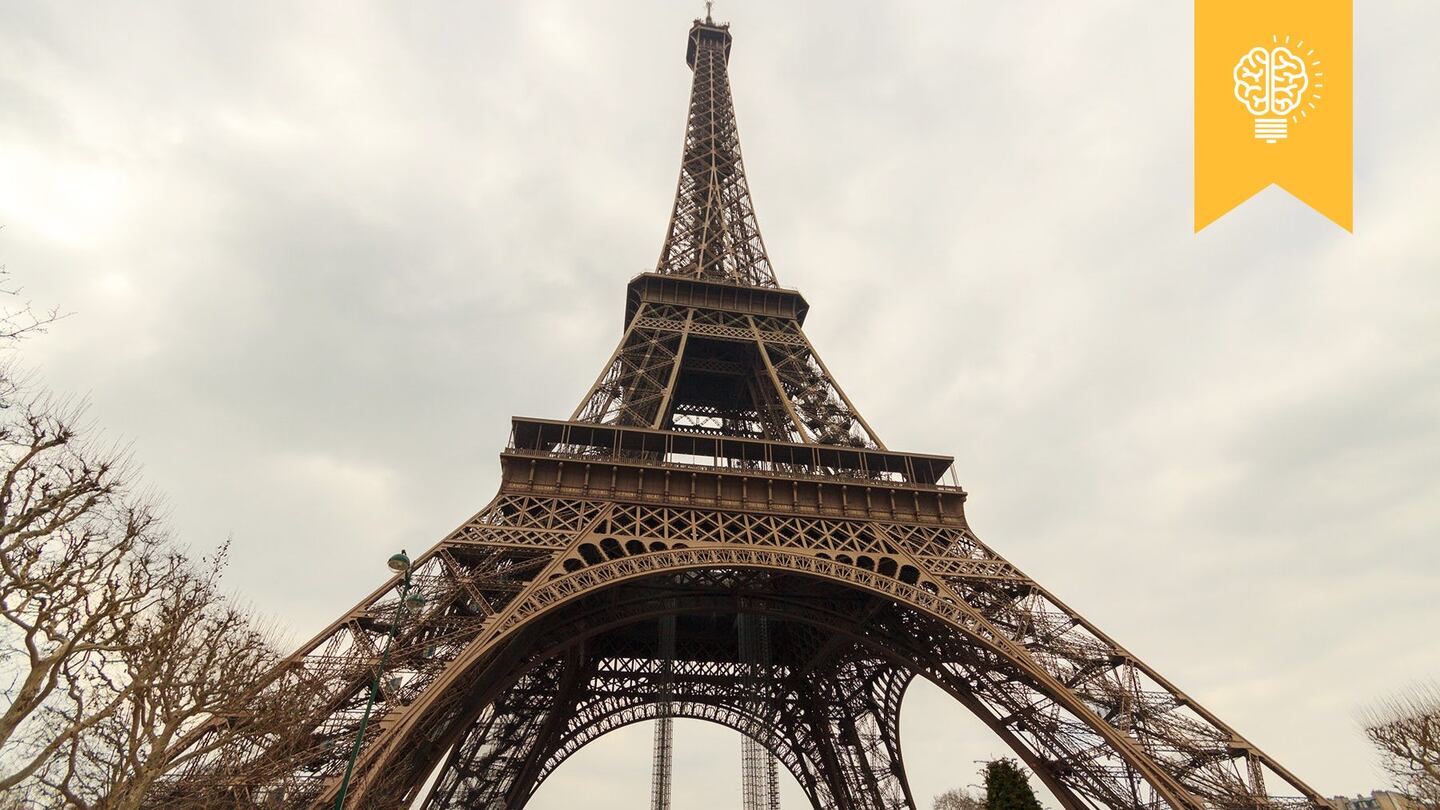
The Business of Fashion
Agenda-setting intelligence, analysis and advice for the global fashion community.

Agenda-setting intelligence, analysis and advice for the global fashion community.

LONDON, United Kingdom — Luxury is highly exposed to specific cities. The world's top ten fashion capitals account for about one-fifth of all luxury points-of-sale, rising to more than one-third when the figures are weighted for store format and size of city. And no matter how one approaches the numbers, Paris ranks near or at the top of the list of fashion capitals, with more points-of-sale than most other cities.
Indeed, Paris alone is worth between five percent and six percent of the global luxury market. And the terror attacks that struck the French capital on November 13th could result in a 30 percent drop in trading in the final quarter of the year, costing the global luxury sector between one and two percent of global sales.
But luxury sales are best examined by nationality, rather than by geography. People spend when they travel and luxury thrives on sales to travellers. Today, that largely means tapping Chinese consumers, who last year accounted for about 30 percent of the global luxury market and who made nearly half of their luxury purchases outside Mainland China and over one-third of their purchases outside Asia altogether.
Paris alone is worth between 5 and 6 percent of the global luxury market.
When the much-reported protests broke out in Hong Kong late last year, many Mainland Chinese tourists simply opted for alternative shopping destinations. South Korea and Japan were two beneficiaries, the latter helped by the yen’s continued devaluation. Even Singapore, damaged by the disappearance of the Malaysia Airlines jet at the beginning of 2014, rebounded.
ADVERTISEMENT
Outside Asia, the favoured shopping destination is Europe, or rather the Eurozone, thanks to the exchange rate between the renminbi and the euro. (The US, for several years the strongest growing market for Chinese luxury visitors, is losing momentum as a shopping destination because of the strength of the dollar). The recent terrorist attacks in Paris will undoubtedly impact tourist flows to the region, damaging local luxury sales. What’s more, the extensive security measures in force for the COP21 UN Climate Change Conference will surely magnify the impact.
But, of course, if consumers do stay at home, they may decide to spend the same money in their domestic stores, or online. They may also decide to spend on something else and wait until they next come to Europe to buy their luxury items.
Luca Solca is the head of luxury goods at Exane BNP Paribas.
This week’s round-up of global markets fashion business news also features Korean shopping app Ably, Kenya’s second-hand clothing trade and the EU’s bid to curb forced labour in Chinese cotton.
From Viviano Sue to Soshi Otsuki, a new generation of Tokyo-based designers are preparing to make their international breakthrough.
This week’s round-up of global markets fashion business news also features Latin American mall giants, Nigerian craft entrepreneurs and the mixed picture of China’s luxury market.
Resourceful leaders are turning to creative contingency plans in the face of a national energy crisis, crumbling infrastructure, economic stagnation and social unrest.